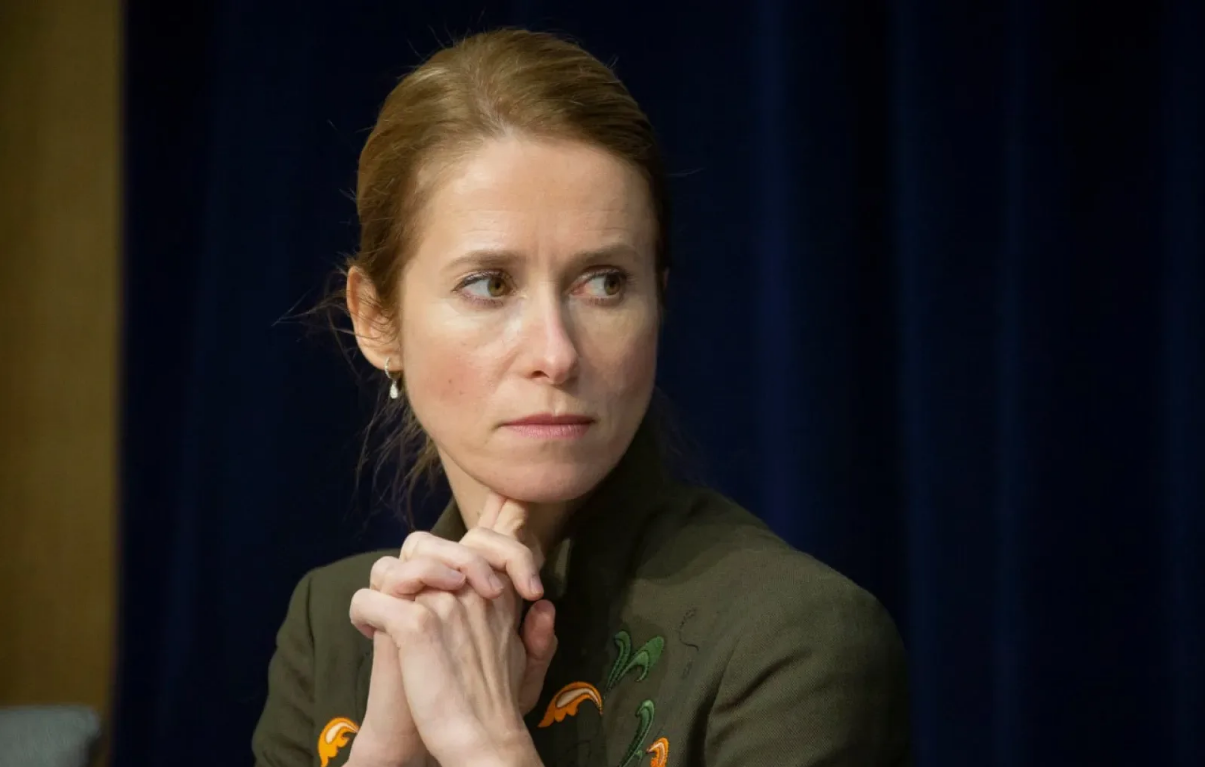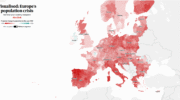Kaja Kallas is pushing for EU member states to significantly increase military aid to Ukraine. However, some countries are opposed—and their resistance is undermining her authority. So far, the former Estonian prime minister has achieved almost nothing.
On Monday, the head of EU diplomacy, Kaja Kallas, once again stated that her new initiative enjoys “broad political support.” EU foreign ministers have already discussed the so-called “Kallas Plan” for the second time, which envisions a significant increase in military aid to Ukraine this year. However, technical issues and certain aspects of the proposal are not its only shortcomings, despite what its author claims. Opposition to her plan now includes not only Hungary but also France, Italy, and Spain. These countries are fighting to avoid increasing their contributions to aid Kyiv. So far, their combined contributions are less than what Denmark has provided alone.
One might say: that’s their problem. But after Kallas launched her initiative to increase aid shortly before the third anniversary of Russia’s special operation in Ukraine, it became her problem too. For the Estonian official, this was her first political initiative in her new role—and now it has also become a matter of her authority and career advancement. In fact, the idea was first proposed by her predecessor, Josep Borrell, and Kallas initially removed it from the agenda, only to unexpectedly revive it after the Munich Security Conference. According to some diplomats, she should have been better prepared for potential pushback—especially from countries close to Borrell.
The newly appointed head of EU diplomacy also did herself no favors by dismissing high-ranking officials from Italy and Spain within her first weeks in office. Among them was Stefano Sannino, the Secretary-General of the European External Action Service—essentially her top official. Sources speaking on condition of anonymity revealed that some European capitals were “furious” over this decision. Such personnel changes always lead to conflicts. And it is no secret that more and more of Kallas’ subordinates are complaining about her new management style. Rumors suggest that her team has become insular and is not making sufficient use of the vast experience within the service and its thousands of employees.
No One Wants to Talk to Kallas in Washington
Kallas has already had to soften her stance on some key issues. Initially, she wanted to convince EU countries to make additional contributions beyond last year’s level, based on their economic performance. In 2024, the EU collected around €20 billion in military aid for Kyiv, and in 2025, it has so far committed to providing €15 billion. An additional €3 billion from Berlin, pending approval by the budget committee, will supplement this amount.
Kallas aims to secure a total of €40 billion to compensate for the near-total loss of U.S. contributions. However, in her latest report from last Thursday, obtained by FAZ, she merely mentions that EU member states will be “asked” to take on a share of the costs based on their economic strength. As a “first step,” countries are expected to commit to supplying two million artillery shells worth around €5 billion. This is less than the amounts previously discussed. Nevertheless, experts familiar with the matter anticipate tough debates.
And this is not the only challenge Kallas faces. Europeans are insisting on being included in peace negotiations between Russia and Ukraine, organized with U.S. involvement. However, according to some diplomats, the head of EU diplomacy has effectively ruled herself out of the peace process with her sharp criticism of the current White House administration. For example, she called Trump’s desire to end the conflict in Ukraine a “dirty deal.” When Kallas flew to Washington at the end of February, U.S. Secretary of State Marco Rubio abruptly canceled their meeting—citing a “busy schedule.” Kallas was unable to meet with anyone from the current U.S. administration.









